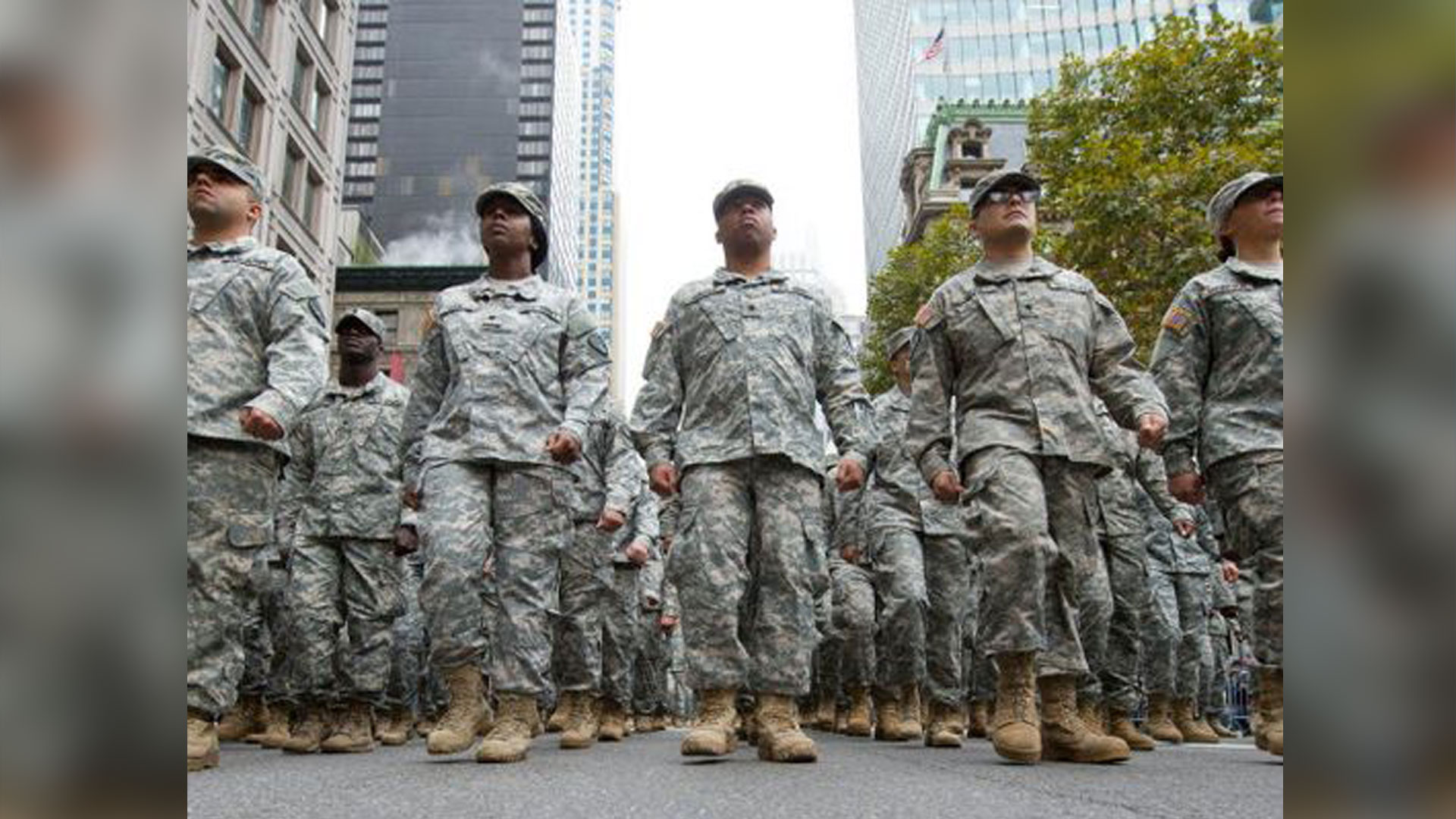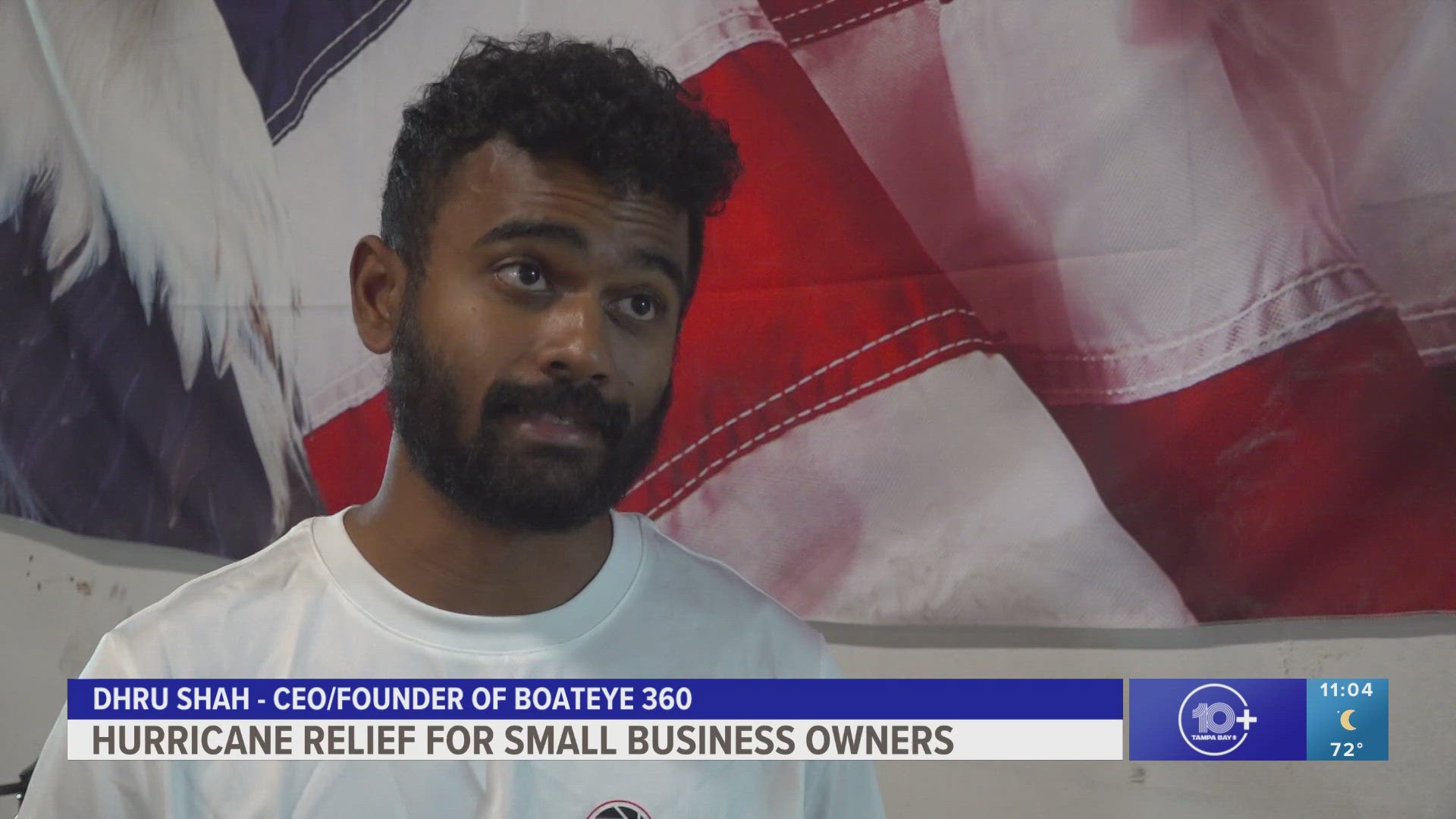There are a quarter-million veterans living in the Bay area, many aren't getting the mental health help they need.
A study by the Substance Abuse and Mental Health Services Administration revealed that only half of returning vets who need mental health treatment, for conditions like PTSD or depression, will receive these services.
The battle they say they're fighting: the stigma of mental health issues, embarrassment, shame or fear of being seen as weak, and concerns over wait times or treatment.
A local veteran is sharing his emotional survival story and hoping others will see that they don't have to suffer in silence.
“1984, I was first in basic training,” says veteran John Kasica.
Kasica handled nuclear and conventional weapons in the Air Force. It's where he was first diagnosed with depression.
“You were just worried people are going to classify you as being crazy. You're not socially fit to work anywhere,” Kasica says.
Then, his world started to implode.
“I lost my father in 2006 and lost my mom in 2014. It was rough,” says Kasica.
Surrounding that, he went through a divorce, job loss, had to go back to school, and care for his dying mother.
“I had very severe depression, and I would just stay in bed. The only thing that kept me going was seeing my kids,” Kasica says.
Through that pressure was mounting. “It was incredible. I felt like I was in a steam boiler.”
Before his life erupted, the father and grandfather put family first and turned to Veterans Affairs and the Psychosocial Rehabilitation and Recovery Center at C.W. Bill Young VA Medical Center.
“I took the step, and I said I had a problem. I knew I had a problem that I need to get solved or I was never going to see my kids again. That wasn't going to happen,” says Kasica.
“These veterans are really achieving the skills they need to really be completely recovered in the community,” says Dr. Alfonso Carreno, chief of Mental Health and Behavioral Sciences Service at Bay Pines VAHCS.
Carreno says the VA focuses on recovery by helping patients set goals, developing social and life skills, and ultimately graduating.
“They saved my life,” Kasica says.
Carreno says last year 208 veterans graduated from the PRRC program, like Kasica did. Some 22,000 vets used mental health services at Bay Pines VA in 2016.
Kasica says it shows there is help and hope for so many.
“I'm very blessed. For anybody who is a veteran, if you need to help take it,” he says.
Kasica says he now feels back to normal and supported at his IT job at Bon Secours Maria Manor Nursing Care Center.
While he may always have to take anti-depression medication, he now knows how to cope and take life one step at a time.
“I'm happy for the first time,” Kasica says.
Carreno tells 10News that the VA now has mental health help through primary care physicians to reduce some of the stigma of a specialist.
Doctors are also focused on identifying veterans at the highest risk to commit suicide.
There’s a town hall meeting from 4-6 p.m. July 12 in the J.C. Cobb Room on the first floor of the C.W. Bill Young VA Medical Center, Building 100, 10000 Bay Pines Blvd.. They’ll address ways that the VA can improve suicide prevention efforts.
Other resources for veterans:
- Veterans Crisis Line: 1-800-273-8255, press 1
- Chat online at VeteransCrisisLine.net
- Send a text message to 838255 to receive no-cost, confidential support


